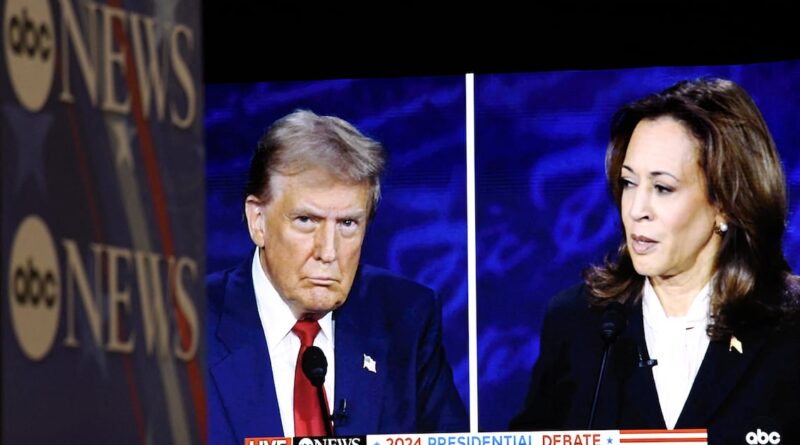How much power do presidents have over health care policy? It depends
As for your question of who has the power over these issues, the choice you make for the president will be very important. The president has great power influence on initiatives and issues placed before Congress.
But the president cannot act alone on any of these issues. Let’s get into the details below.
Toward the end of the summer, we asked AJC readers to share any questions they had about the topic, and they answered them. With presidential and legislative elections set to begin in less than a month, questions about health care remain on the campaign trail.
Health care (insurance)
Often when people talk about whether or not they have health care, they mean health insurance. You didn’t make it clear, but I’ll go with that explanation here.
One of the biggest decisions presidents make these days when it comes to health insurance is whether to support the Affordable Care Act..
Congress passed the ACA in 2010, and only Congress can repeal it. But the president can try to push Congress to repeal it or make changes to the program.
In his first presidency, then-President Donald Trump vowed to repeal the ACA, and after his leadership, Congress passed it, coming up with just one vote.
President Joe Biden did the opposite: He proposed new subsidies that made ACA plans more affordable for low-income and high-income people. Congress passed the money, and that helped add about 700,000 Georgians to the ACA rolls. Those grants are set to expire in 2025, and whether to renew them is up to Congress and the next president.
The president can act directly to implement some changes to the ACA without the help of Congress. His administration could make rules that make it easier to sign up for the ACA’s health insurance plan, such as giving people more time to sign up. And they can support additional funding, such as advertising to inform people of what to do and navigators who help guide people through registration.
Abortion
This is one issue where the Supreme Court had a lot of say – but the president had a lot of influence. Trump changed the US position on abortion because he had a plan to appoint new US Supreme Court justices who would overturn Roe v. Wade, and they did.
Going forward, there are still other ways the president and Congress can influence abortion access. The president appoints leaders to the agencies that oversee the approval of abortion pills, for example. And the president oversees agencies that change laws about patient privacy – for example, the results of a patient’s pregnancy test.
If the president were to impose a state law on abortion, Congress would have to agree first. And ultimately, it will be up to the Supreme Court to say whether that will remain.
There are other decisions about abortion in the hands of Congress: It has already decided that federal money will rarely pay for abortion, except in cases of rape, sexual intercourse and intercourse with a relative or harm to the mother’s health.
Medicare
Medicare was created and funded by Congress. No single president can undo that. But there are changes the president can make.
Biden pushed Congress to allow Medicare to lower drug prices by negotiating prices with drug manufacturers, starting with 10 popular drugs. Also because of that 2022 law, insulin is now $35 a month for Medicare patients.
Future presidents will have to work with Congress to decide how to deal with the upcoming Medicare budget shortfall. Options may include reducing benefits; attempt to negotiate or otherwise lower prices; or just spending more money.
#power #presidents #health #care #policy #depends
